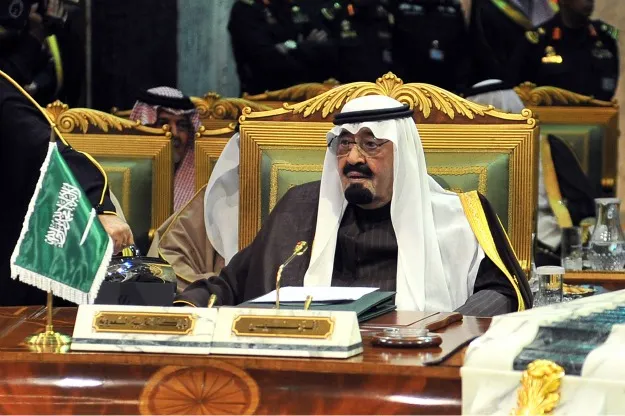khakisofirvington.com – The legal system of Saudi Arabia is unique in its foundation and operation, deeply rooted in Islamic law, known as Shariah. This system is further shaped by royal decrees issued by the country’s rulers. This article delves into the intricacies of Saudi Arabia’s legal framework, examining the interplay between Shariah and royal decrees.
The Foundation of Shariah Law
Shariah, derived from the Quran and the Hadith, serves as the primary source of legislation in Saudi Arabia. It encompasses a wide range of legal principles governing various aspects of life, including personal status, criminal law, and commercial transactions. The interpretation and application of Shariah are overseen by religious scholars, ensuring that laws align with Islamic teachings.
The Role of Royal Decrees
While Shariah forms the core of the legal system, the governance of Saudi Arabia is also characterized by the issuance of royal decrees. These decrees are issued by the King and other members of the royal family, and they play a crucial role in shaping the country’s legal landscape. Royal decrees can address a broad spectrum of issues, from administrative regulations to amendments in commercial law, reflecting the evolving needs of the nation.
The Interplay Between Shariah and Royal Decrees
The relationship between Shariah and royal decrees is one of the defining features of Saudi Arabia’s legal system. Royal decrees must not contradict the principles of Shariah, ensuring that all legislation is in harmony with Islamic law. This interplay allows for a degree of flexibility in governance while maintaining the religious integrity of the legal framework.
Challenges and Reforms
Saudi Arabia’s legal system faces challenges in balancing the strict adherence to Shariah with the demands of modernization and international integration. The country has embarked on various legal reforms to address these challenges, such as codifying certain aspects of Shariah to provide more clarity and predictability in the legal process. These reforms are aimed at enhancing the efficiency of the legal system while preserving its Islamic foundations.
Conclusion
Saudi Arabia’s legal system stands as a testament to the country’s commitment to Islamic principles, as embodied in Shariah law. The use of royal decrees alongside Shariah allows for a dynamic legal framework that can adapt to the changing needs of society while maintaining its religious character. As Saudi Arabia continues to evolve, the interplay between Shariah and royal decrees will remain a key aspect of its legal landscape, reflecting the country’s unique governance structure and its adherence to Islamic values.
